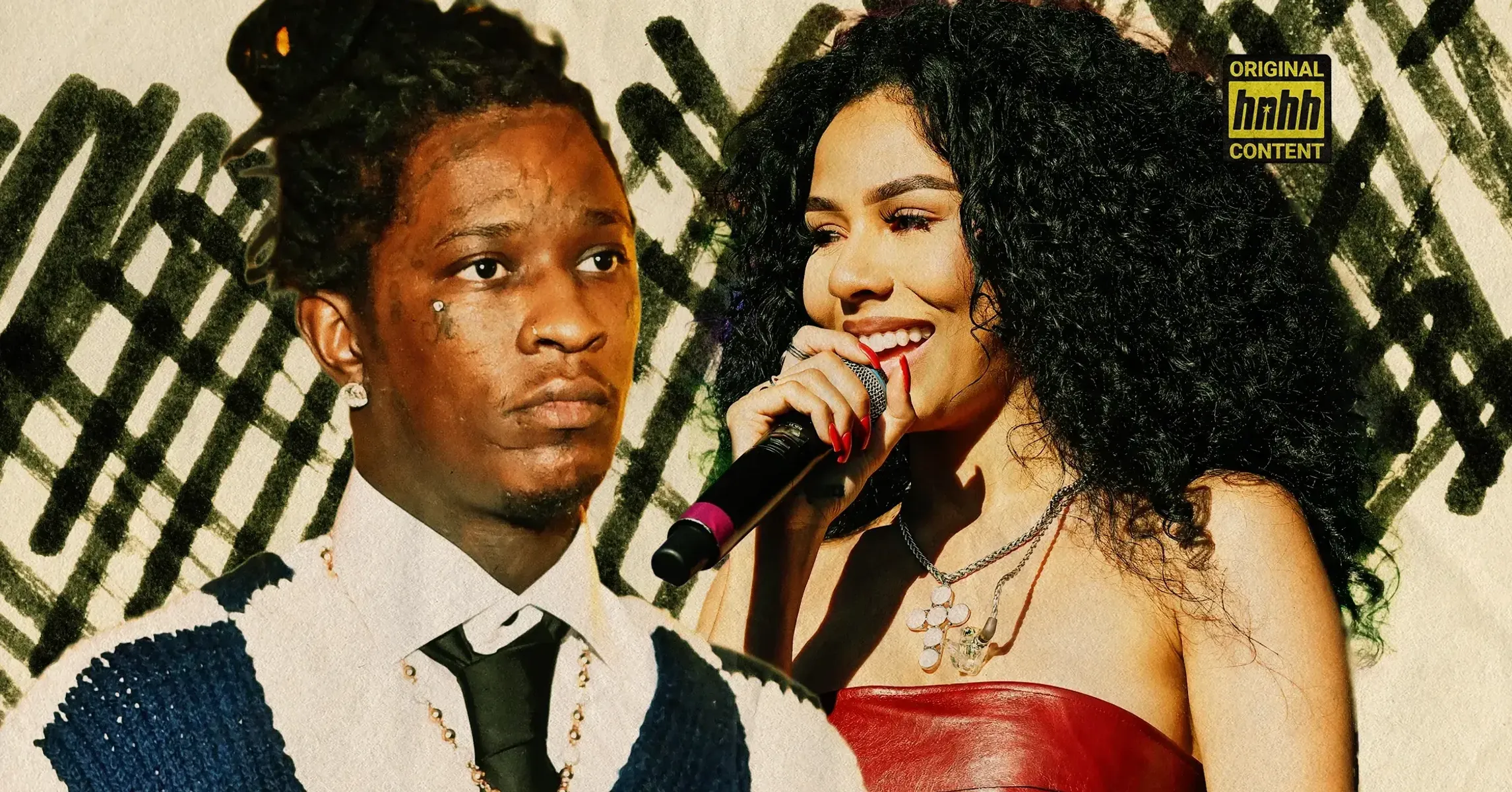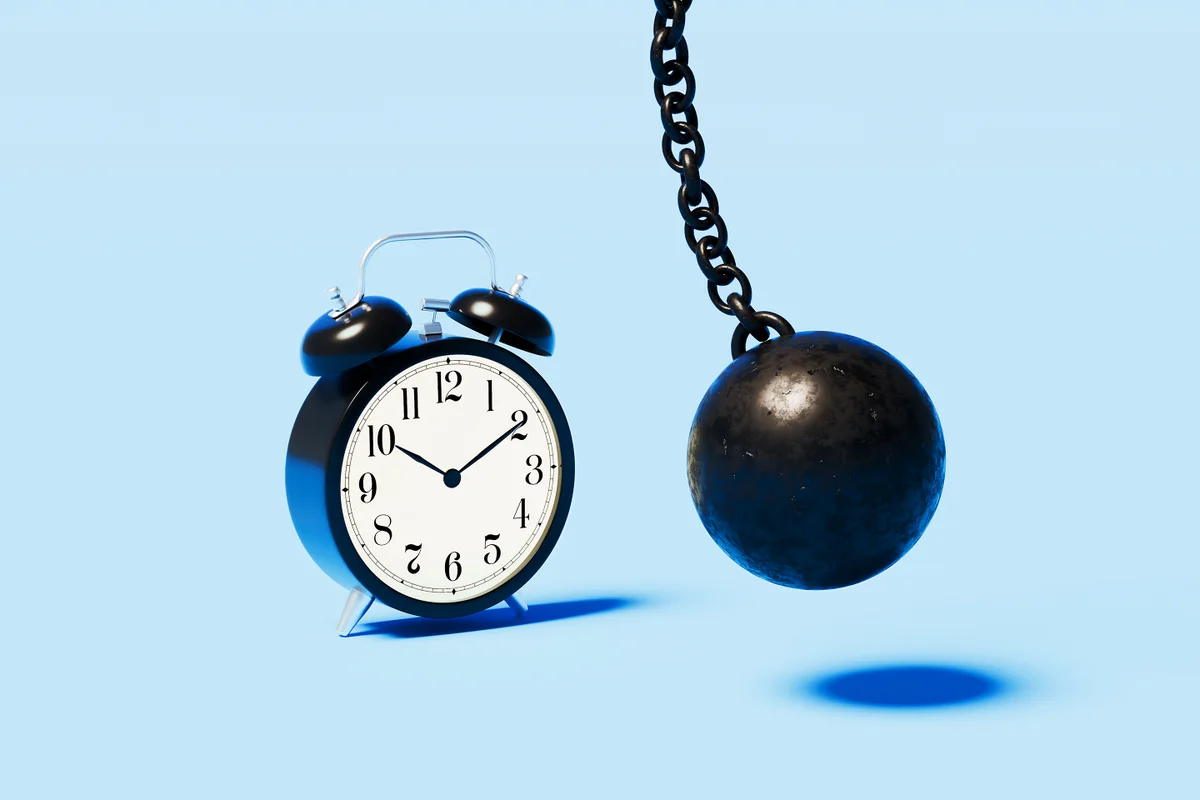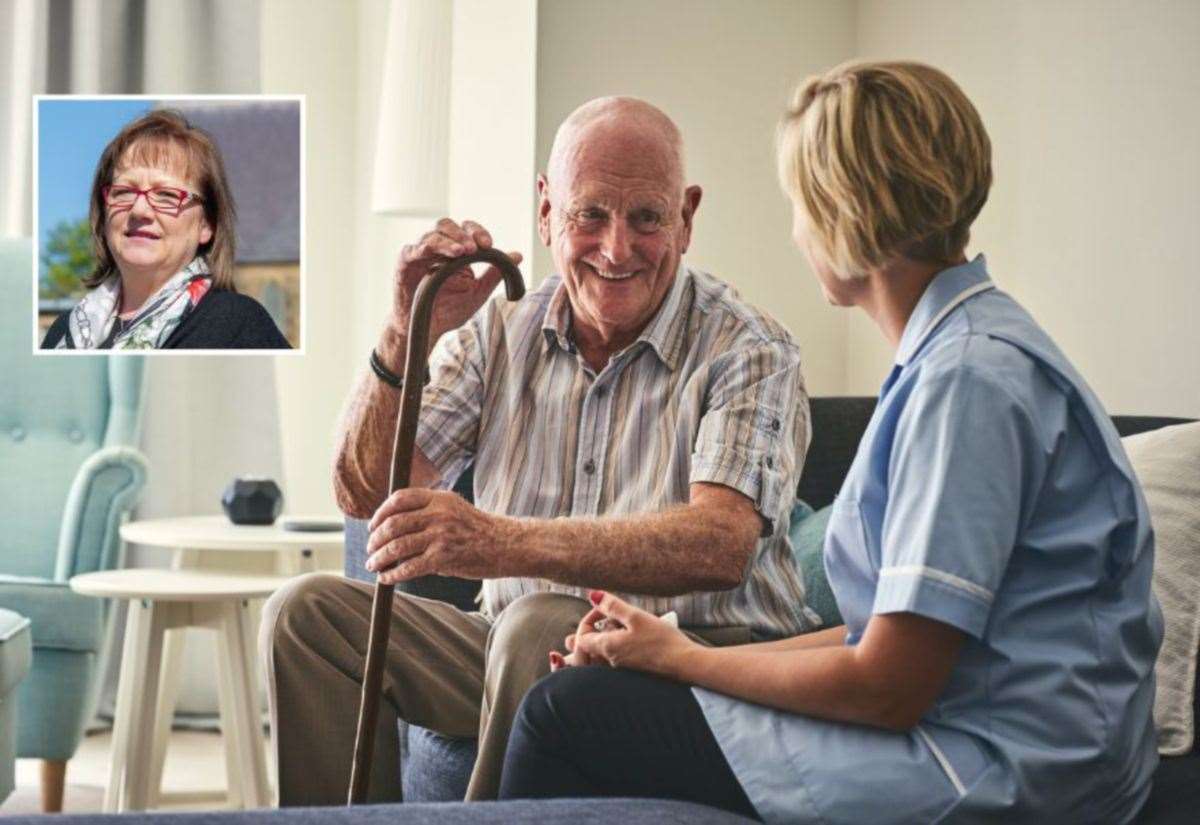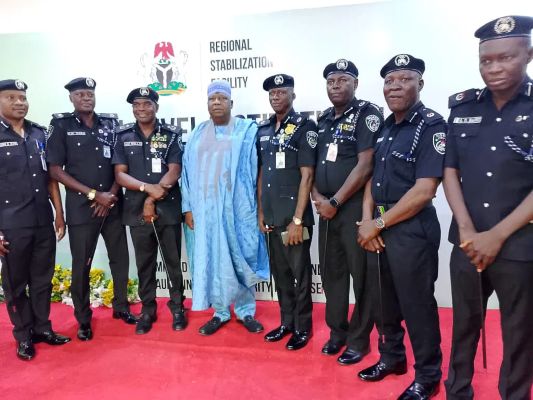
“My big sister, my big brother, my dad, my mom, my OGs… I listen to y’all,” Thug said while explaining why he doesn’t feel therapy is necessary.
For him, guidance rooted in experience carries more weight than advice from a licensed professional. This perspective echoes a common sentiment across hip-hop and Black communities, where many rely on elders or trusted voices for support rather than turning to therapists.
The most revealing part of his comments came when he addressed how he would react if his partner sought therapy. Thug admitted it would make him feel “less of a man,” suggesting it would feel like rejection if she trusted an outside perspective over his.
“It’s like damn, you’ll actually call somebody and listen to what they have to say over me? Instead of listen to what I’m telling you,” he explained. For Thug, therapy becomes symbolic of competition—someone else stepping into a role he feels responsible for.
Young Thug on Therapy
His words shed light on the larger stigma surrounding mental health in hip-hop, where toughness and self-reliance are often seen as central to manhood. By equating therapy with weakness, Thug reflects the complicated ways pride, ego, and vulnerability intersect in relationships. At the same time, his honesty highlights a cultural clash: therapists versus family, professionals versus lived experience.
Still, Thug’s openness is significant. While his comments may reinforce skepticism around therapy, they also start a dialogue about how masculinity is defined in hip-hop and beyond. For many men, admitting the fear of being undermined is a rare level of vulnerability.
Young Thug’s perspective resonates with those who share similar doubts about therapy. Yet it also points to the need for shifting narratives—showing that seeking help doesn’t strip away manhood, but can strengthen it through growth, balance, and deeper connection.



